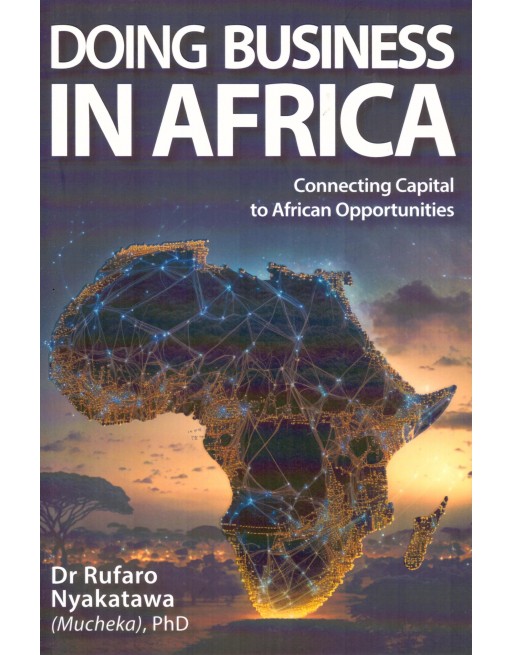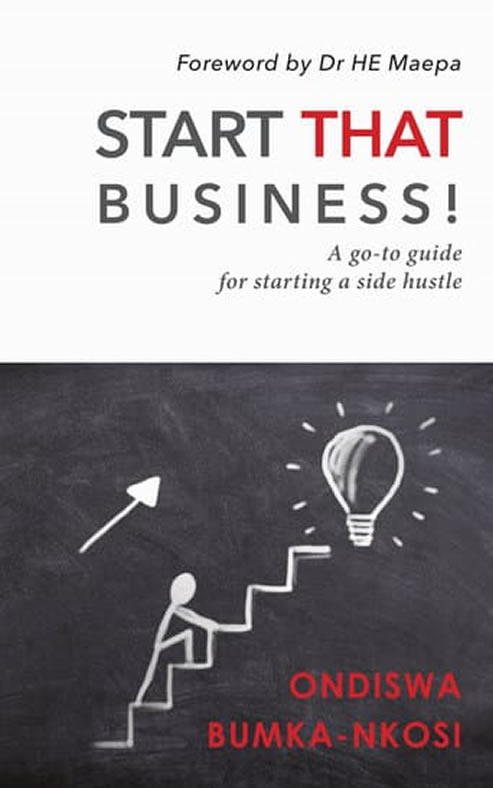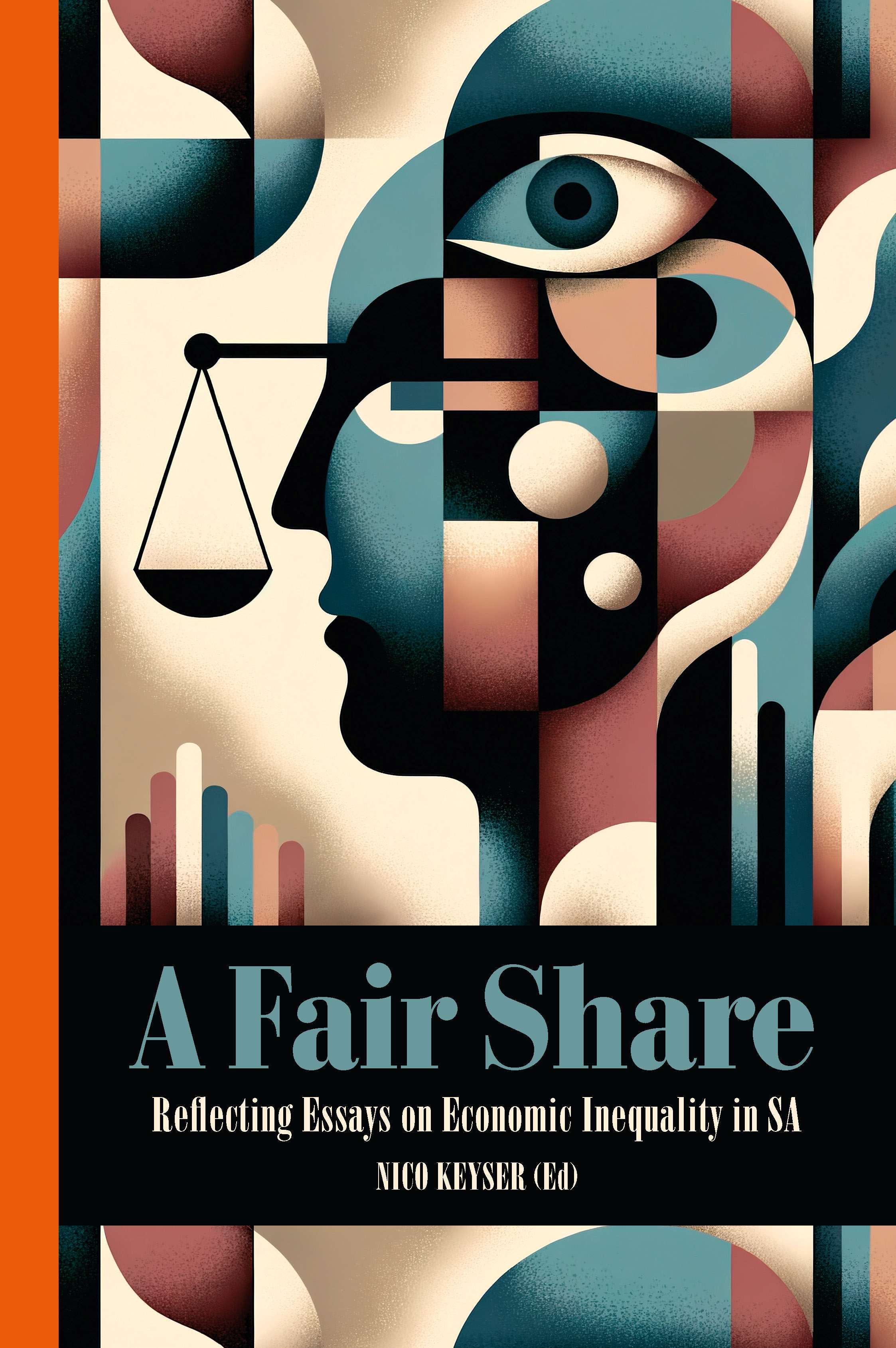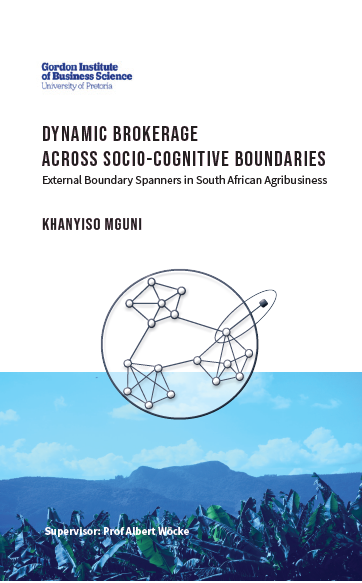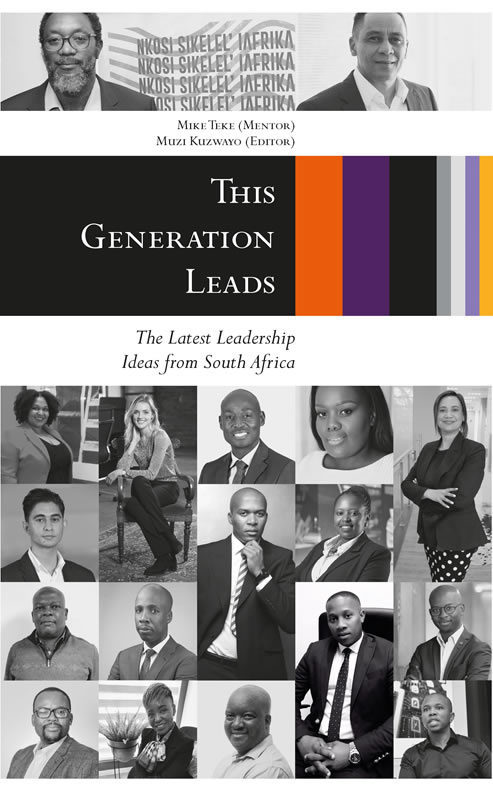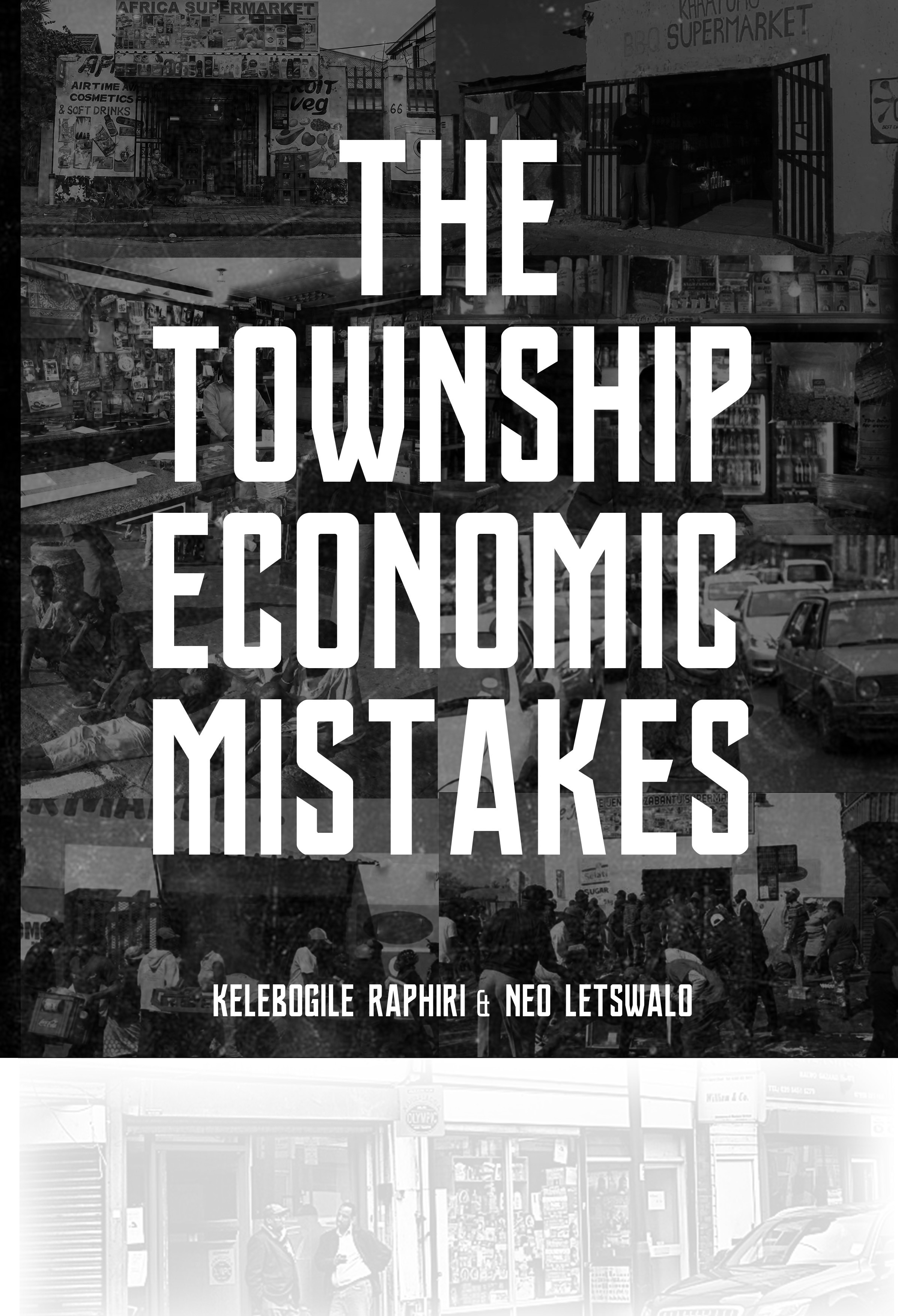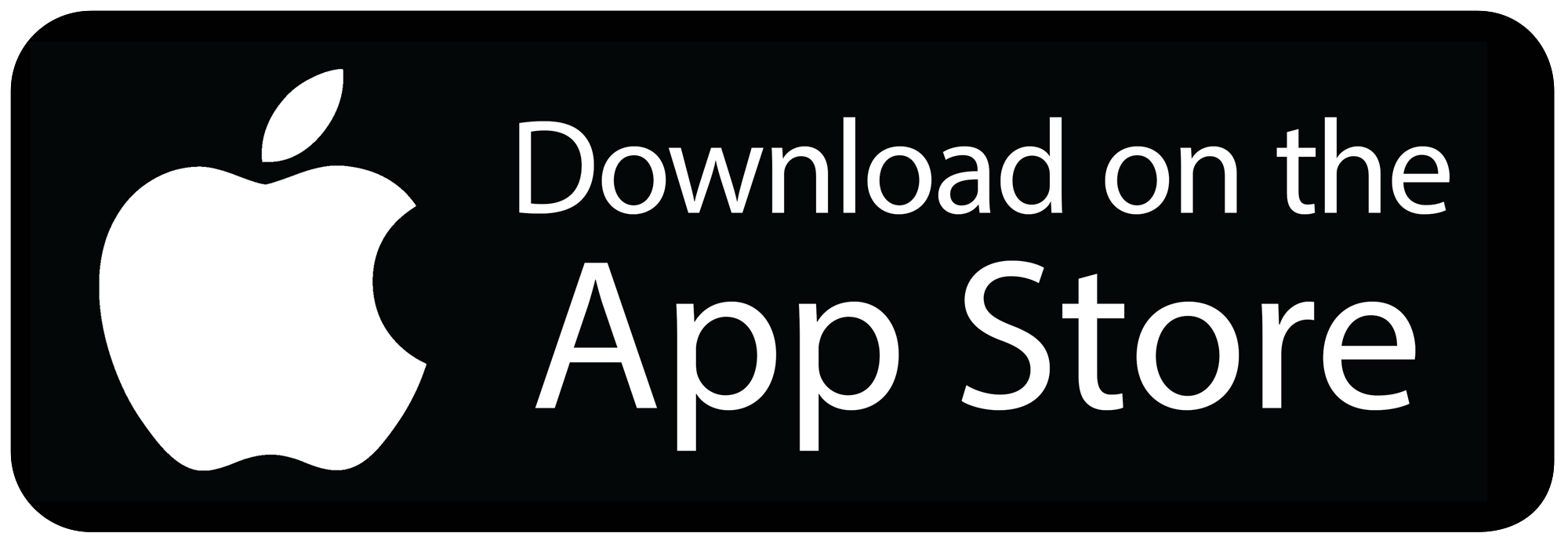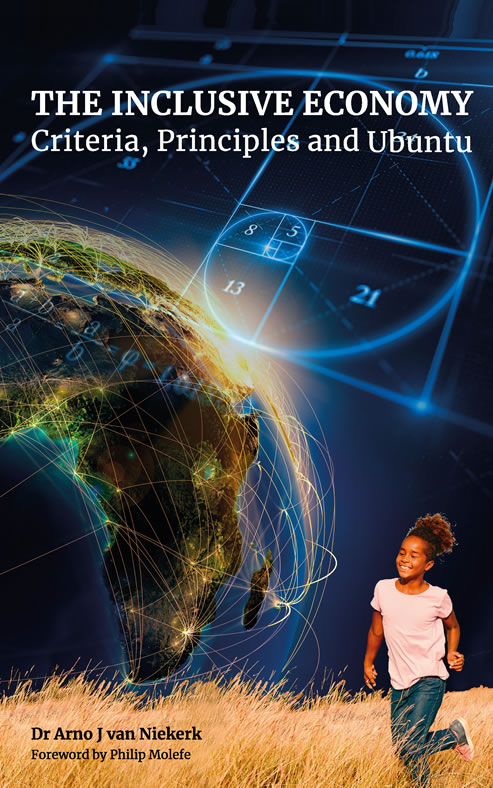
Book Description
There is one serious missing link at the center of today's capitalism. It is a disequilibrium between increased economic interconnectedness and increased isolation/exclusion. This unique challenge in the 21st century calls for a unique solution: Ubuntu. Africa might be the last place where experts would look for an economic solution, but it ironically holds the secret to restoring the right equilibrium in the economy. Ubuntu's ability to reconnect the marginalised with the mainstream by putting emphasis on our humanness, connectedness, collective growth through expansion and improved efficiency creates new capacity for the economy to rebalance itself towards genuine and sustainable progress. Ubuntu encapsulates that which is the opposite of economic exclusion (i.e. inequality, poverty, unsustainable growth, limited profits, etc.), namely economic inclusion. However, only a small window of opportunity exists in and after the COVID-19 pandemic to implement Ubuntu as a fundamental economic principle in order for it to be an effective remedy. The global economy and most local economies have entered the phase of rebuilding with a serious drawback: after the previous global financial crisis, both the economy and government's capacity to recover are severely limited as unemployment levels, debt levels and natural resource depletion levels keep soaring, resulting in dangerous levels of economic exclusion and social instability. To this and more, the inclusive economy presents tangible solutions.

